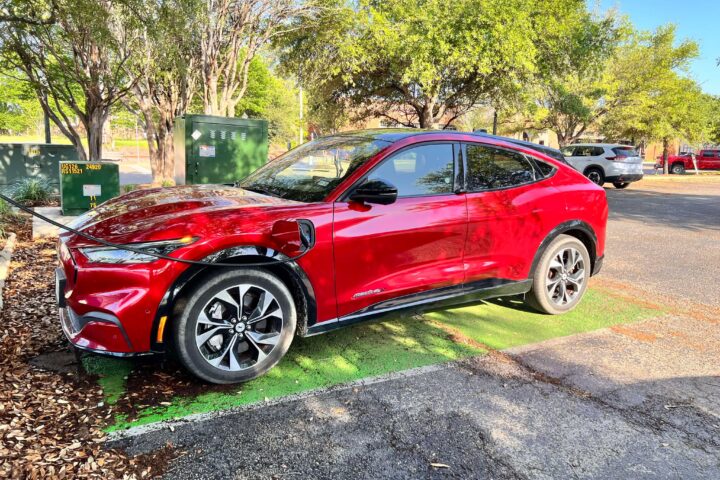by Michael Satterfield – 01/04/2022
Keeping up with all the news out of Washington can be hard,
but one piece of legislation that you have likely heard about was President Joe
Biden’s signature infrastructure bill. While many news reports have been
written about the bill and its content, I spent part of my holiday pouring over
the 1,039 pages to see what is in it for myself before writing a story. I might
not be a legal scholar, neither are half of the representatives who voted on
the bill which passed on party lines.
Most automotive enthusiasts are in favor of good roads, bridges,
and safety, but buried deep within HR.3684 are new requirements that will
affect all drivers, changes to crash testing, advanced pedestrian crash
standards, and autonomous driving requirements
for all US passenger vehicles, including one that mandates a “kill switch” be
standard equipment on all new vehicles by 2026.
Section 24220 of the bill requires all passenger vehicles to
have a passive monitoring system that will record various aspects of the
driver’s behavior and use an algorithm to decide if the driver can operate the
vehicle, all under the guise of reducing drunk driving. If the software
determines a driver is impaired it will “prevent or limit motor vehicle operation.”
In software terms “passive monitoring” means this program will be always
operating in the background and have the ability to take control of the vehicle
in some capacity.
The language is unambiguous, “to ensure the prevention of
alcohol-impaired driving fatalities, advanced drunk and impaired driving
prevention technology must be standard equipment in all new passenger motor vehicles.”
The bill outlines two possible systems, one which will require passive monitoring
of the performance of the driver using cameras and vehicle sensors, like distracted
driving monitors currently offered in many vehicles. The other would require the “passive and accurate ability of the vehicle to detect the blood alcohol concentration
of the driver.” The second would most likely be a passive alcohol sensor similar
to the one used by law enforcement which can monitor expelled air from a person
and detect very small amounts of alcohol.
What is not outlined in the bill is what constitutes impairment,
outside of the blood alcohol standard, how does the software determine the
difference between being tired and being impaired? Passive blood alcohol testing
won’t detect impairment from prescription painkillers or other narcotics. The bill also doesn’t outline what happens
when a vehicle detects a driver may be impaired other than that the system must
“prevent or limit motor vehicle operation if an impairment is detected” which
is all well and good in a bar’s parking lot. But what will this system do if an
“impairment is detected” while traveling at 75 mph on the highway?
Perhaps the most disturbing aspect of the legislation is the
lack of detail. The main concerns expressed by many, including former U.S.Rep. Bobb Barr, come down to privacy. Who will have access to the data? How
long will it be stored? Will this capability be exploitable by third-party or
government agencies to shut down vehicles outside of the function of preventing
impaired driving? Privacy concerns and the 5th Amendment’s right to not
self-incriminate, and the 6th Amendment’s right to face one’s accuser, have
already been used to challenge data collection from license plate readers and redlight cameras. Automakers have little choice but to
comply with new federal mandates and the majority of consumers will likely be
unaware of this new technology until it impacts them in some way.
Combined with the bill’s funding of more research into
connected vehicle technologies to promote connectivity between and among connected
vehicles and roadway infrastructure, easy to see why some are uneasy with sharing
even more data with corporations and government agencies. But it is scary to
think that out of all the 535 people we send to Congress to make decisions on infrastructure,
transportation, and technology, only around 20 have any engineering background at all.
If you would like to read the full text of the bill visit Congress.gov.

















